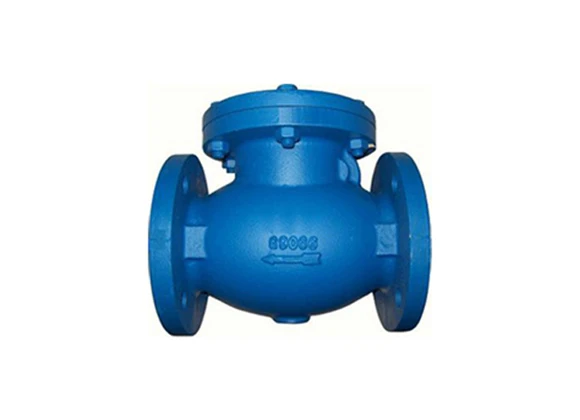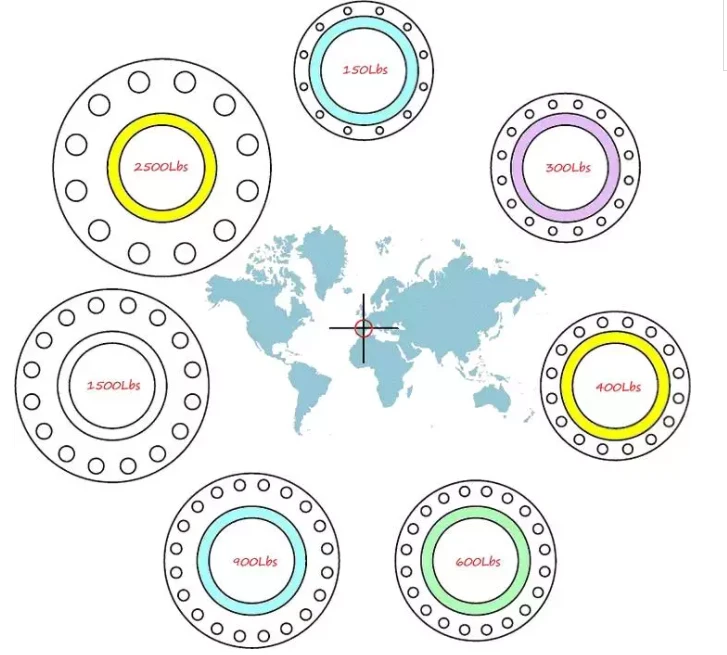Jan . 11, 2025 09:43
In the dynamic realm of the chemical industry, the selection of appropriate valves is critical to ensuring safety, efficiency, and the integrity of complex processes. With an extensive range of valve types available, understanding their features, applications, and best use scenarios can greatly enhance operational success.

Ball valves are among the most commonly used valves in the chemical industry, admired for their longevity and reliability. They work well in both on/off control applications and, due to their quarter-turn operation, offer rapid response times. Their robust design, which often includes a metal ball with a hole drilled through, allows for a tight seal that is crucial for handling volatile or hazardous chemicals. These valves are particularly beneficial in high-pressure applications and environments where leakage prevention is a priority.
Next, consider gate valves, which are designed to either start or stop the flow of fluid, but not to regulate it. These valves are optimal for applications that require a fully open or fully closed position. In the chemical industry, gate valves are favored in cases where there is a need for infrequent operation, minimizing wear and maximally preserving the valve's integrity. Their design, which includes a sliding gate to block fluid flow, ensures minimal pressure loss when the valve is open.

Butterfly valves offer a compact, lightweight solution with quick actuation achieved through a simple quarter-turn rotation. They are ideal for handling large volumes of fluid, especially in situations where space is at a premium.
While not typically as leak-proof as ball valves, advancements in sealing technology have enhanced their reliability. Their efficiency in diverse temperature and pressure conditions makes them a versatile choice for the chemical sector.
Diaphragm valves are noted for their excellent shut-off capabilities and are commonly used in the chemical industry where contamination prevention is crucial. The diaphragm acts as a barrier between the flow path and the valve actuator, making these valves suitable for handling corrosive fluids, slurries, and viscous materials. Their ability to provide a seal over the entire flow path when closed is beneficial in maintaining the purity of chemical processes.
different types of valves used in chemical industry
Globe valves, distinguished by their precise throttling capabilities, are used extensively where flow control and regulation are necessary. Unlike gate valves, globe valves can efficiently adjust the flow rate, making them invaluable in processes where accurate dosage and control are imperative. Their design involves a movable disk-type element and a stationary ring seat, advanced to manage flow variability well.
Check valves, meanwhile, serve a critical role by preventing backflow within chemical processes, thereby safeguarding equipment and maintaining process integrity. These valves automatically operate using the pressure of the fluid to open and close the valve, ensuring one-way flow, which is essential for avoiding contamination and ensuring safety across various operations.
In choosing the right valve for specific applications in the chemical industry, a deep consideration of factors such as the chemical properties of the media, temperature, pressure conditions, and the likelihood of corrosion or abrasion must guide the decision-making process. Collaborating with valve manufacturers and suppliers who have a proven track record in the industry can further bolster the reliability and efficiency of chemical processing operations.
By paying close attention to the particular needs of their operations and the unique attributes of each valve type, companies in the chemical industry can ensure not only compliance and safety but also optimize their process efficiency and ultimately, their profitability.


 Call us on:
+86-311-86935302
+86-311-86935302
Call us on:
+86-311-86935302
+86-311-86935302
 Email Us:
info@thriveonvalve.com
Email Us:
info@thriveonvalve.com South of Huanmadian Village Town, Ningjin County, Xingtai, Hebei Province, China
South of Huanmadian Village Town, Ningjin County, Xingtai, Hebei Province, China